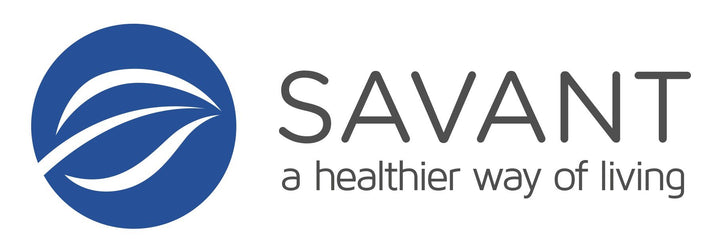
How To Go Through Your Menopause
Menopause is a time many women dread and some for good reason; as it can mean mood swings, tiredness, changes to periods and hot flushes and if that’s not enough there is also a potential for sleep issues.
Many focus on the time period that builds up to menopause rather than the outcome, focusing on the symptoms and forget that although this may mean some change to ‘usual programming’ it does mean that she is transitioning to a new phase in her life without the ups and down of emotions, for some painful periods and not to mention monthly bleeds!
However, like anything in life the transition is always smoother when you give yourself some time to prepare and focus on the body’s key nutritional needs. This means a step back from business as usual, and taking stock, to ensure your transition into a new phase in your life.
Biologically, during the cycling phase of a Woman’s life the ovaries are queen, producing the key hormone oestrogen. Many are unaware that phasing into menopause can take as long as five to ten years, and during this time she moves from Perimenopause where the cycle changes to menopause which is categorised as 12 months without a menstrual period. After this time, the job of producing the main female hormone is passed to the adrenal glands, and if you have spent the last ten years in your 40s building at a gradient of 90% in terms of your career and family; surviving on coffee, alcohol and cigarettes (the 3 stooges), this will take its toll on the ‘second in command’ your adrenal glands, so to speak. This can lead to fatigue which has a huge impact on the body’s ability to cope emotionally and psychologically through an important time in a woman’s life.
Progesterone another hormone that starts to reduce from 35 (together with Oestrogen), can be the reason why hot flushes start to appear. Progesterone also brings calm to a cycle, and many are unaware can be the reason in menstruating women that PMS is prevalent as this drops drastically at the end of the cycle and can in some women help to increase mood swings. Lowered progesterone can in some women activate the ‘fight or fight’ hormone which may cause you to have disrupted sleep as cortisol coursing around the body makes it hard to calm down and can affect melatonin the sleep hormone.
The conventional medicine model is driven largely by symptoms. The nutritional model looks more closely at working with what phase you are in your life and supporting this. Menopause and Perimenopause is where a nutritional model can really have a therapeutic affect! There are a number of nutrient and lifestyle suggestions that can ease the transition. Menopause or hormone change is something all women will go through and will affect 50% of the population, so it’s worth doing the prep now if in your late 30s.
Things you can do to help:
- Reducing stress levels by cutting out caffeine, meditating and taking time to enjoy your life Meditation has also been proven in many research circles to help ease cortisol spikes and flatten out a busy mind.
- Eating a balanced diet, with enough protein daily, at least 8-10 portions of vegetables and eating 3 regular meals daily, to help reduce blood sugar swings and the resulting cortisol hikes that come with this.
- Supporting your body by using B vitamins which have been proven to help reduce stress and support hormonal production and to maintain hair growth.
- Replacing the oestrogen lost with a weaker plant based Oestrogen that will help give a natural boost to lowered levels.
- Supporting the brain and healthy cardiovascular function through a phospholipid source of omega 3 which will help cognition and also skin and cardiovascular health.
- Making sure you keep your bones healthy and your thyroid by maintaining Vitamin D levels.
- Supplementation will definitely support your body before, during and after the menopause. My top recommendation is Cleanmarine Menomin, which is a combination of Omega 3 Krill Oil, B vitamins, Soy Isoflavones, Rosemary Extract, Folate, Biotin and Vitamin D that can provide women from 35 plus with the right nutrients to move towards this phase of life, fully equipped and with less trepidation!
